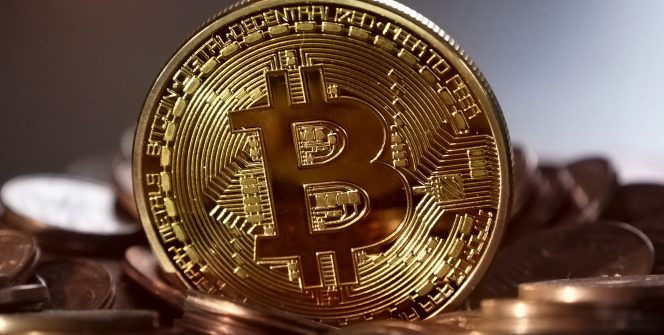In a landmark judgment, the Supreme Court of India (SC) has cancelled the RBI’s circular issued to the RBI to facilitate the trading of Banks and financial institutions and virtual currencies (cryptocurrency) like bitcoin. The three court bench of the scheduled tribes held a circular in inconsistent regulatory proceedings. The ruling indicates that cryptocurrency is not absolute negation under Indian law but subject to control.
Key arguments before the SC
The use of cryptocurrencies was totally banned by 1989 circular. The restrictions were based on unreasonable, preposterous and misplaced understanding. And was supposed that cryptocurrencies are impossible to regulate. Cryptocurrency is neither a ‘money’ nor a ‘Payment system’ to regulate by the reserve bank of India. The reserve bank of India, therefore, has no right to act in this manner. Cryptocurrencies can be used in the form of money, and do not change the essential legal features of cryptocurrencies, which equals currency more than the trading of digital goods or goods. Thus, the reserve bank of India extends beyond the general regulations. The 1985 circular included arbitrary, unfair and unconstitutional restrictions on legitimate business activities. In the absence of legislative restrictions on cryptocurrencies, it is a legitimate business activity, which declares them to be commercial in addition. If you are interested in bitcoin trading visit https://brexittraders.com
In responsible the RBI principal argument where as follows
Cryptocurrencies were capable of using them for illegal purposes (the large use of blockchain technology due to digital anonymity) does not fundamentally reduce the credit system and monetary stability of India. The bank had the right to regulate banking activities (which relate to the circular) as it appears to be appropriate. In any case, the reserve bank of India has the right to take broad-based decisions on the economic policy of the country, and the scheduled castes have traditionally respected the authority of the reserve bank of India.
Judgeme
And the scheduled castes concluded that the manner in which cryptocurrencies are used as a consideration for the goods or services available in India.and as a facilitator of payment between parties, constitutes an activity that comes within the regulatory framework of the reserve bank of India. Form it held that cryptocurrencies do not constitute legal tender (in India or in any other area scheduled caste analysed). Or value reserves (or some combinations thereof) may act as the reserve bank of India has the statutory authority to notify certain instruments in the form of currencies (as stated under sc surveillance) to exercise this power in respect of cryptocurrencies.
Scheduled Banks said the reserve bank of India was primarily responsible for financial institutions that need to be regulated and had suggested the possibility that cryptocurrencies may cause damage to those institutions. But the scheduled corporation held that the reserve bank of India has not been able to actually present any damage caused by the use of such regulated entities; the reserve bank of India has not identified any specific adverse effects of cryptocurrencies to banking and financial institutions in India. She has specifically argued that cryptocurrencies were not really banned under Indian law.

Leave a Reply